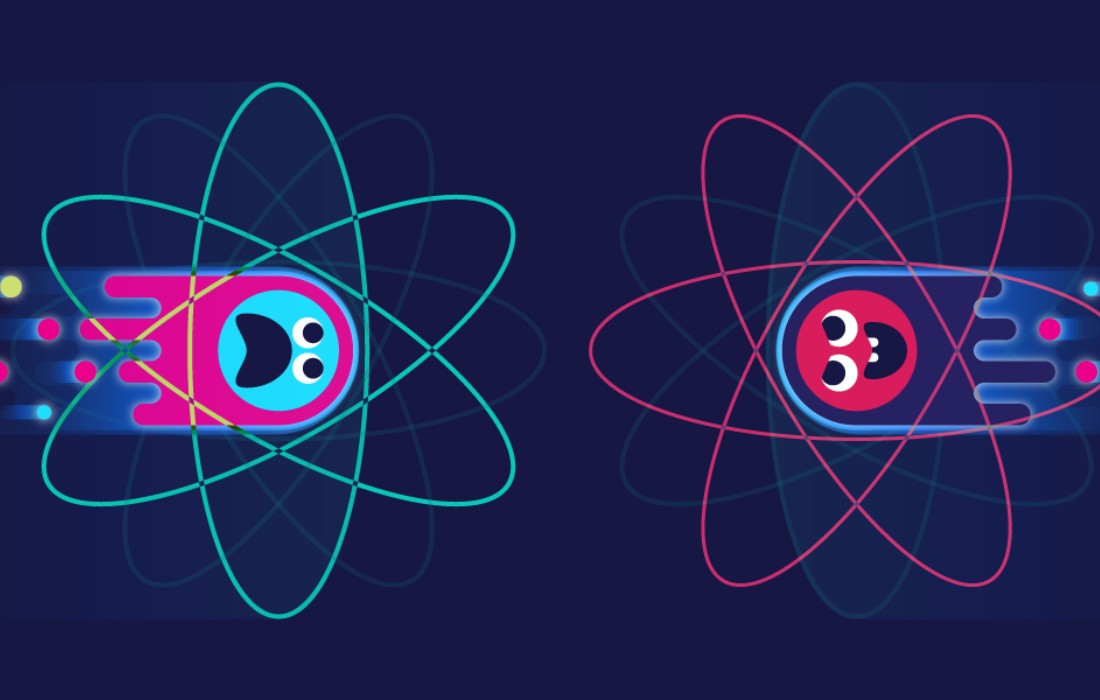Quantum mechanics, once a theoretical and mysterious branch of physics, has grown to become a revolutionary concept influencing the future of computers and technology. This rapidly advancing field of study holds the potential to solve problems that classical computers struggle with, such as optimizing complex systems, simulating molecular behavior, and even enhancing artificial intelligence. In this blog, we will dive into the fundamental concepts of quantum mechanics, its role in modern physics, and how it intersects with computing, particularly in the emerging field of quantum computing.
What is Quantum Mechanics?
At the core of quantum mechanics is the idea that particles at a microscopic scale, such as electrons and photons, behave differently from the macroscopic objects we observe in our daily lives. Unlike classical physics, which deals with deterministic systems, quantum mechanics operates on probabilities and uncertainties. It is governed by several key principles:
- Wave-Particle Duality: Particles exhibit both wave-like and particle-like behaviors depending on how they are observed.
- Superposition: A quantum system can exist in multiple states simultaneously, only ‘deciding’ on one state when measured.
- Entanglement: Two or more particles can become entangled, meaning the state of one particle directly influences the state of another, regardless of distance.
- Uncertainty Principle: It is impossible to simultaneously know both the position and momentum of a particle with perfect accuracy.
These principles radically change how we understand the universe at the microscopic scale.
Quantum Mechanics in Physics
Quantum mechanics is essential for understanding the fundamental forces and particles that make up the universe. It has revolutionized physics by explaining phenomena that classical physics could not. For example, the behavior of atoms, the properties of light, and the interactions between fundamental particles all depend on quantum mechanical principles. Quantum theory is also the backbone of technologies like semiconductors, lasers, and MRI scanners, which have had a profound impact on science and industry.
The Role of Quantum Mechanics in Computing
Computers have been transforming the world for decades, relying on classical physics to process information. Classical computing uses binary bits to represent data in two possible states: 0 or 1. Quantum computing, however, uses quantum bits, or qubits, which can represent 0, 1, or both 0 and 1 simultaneously, thanks to superposition. This allows quantum computers to process and store vast amounts of data much more efficiently than traditional computers.
The unique capabilities of quantum mechanics, particularly entanglement and superposition, enable quantum computers to tackle certain problems at unprecedented speeds. For example, quantum computers can factor large numbers exponentially faster than classical computers, which has significant implications for encryption and cybersecurity.
Quantum Computing: How Does It Work?
A quantum computer is fundamentally different from a classical computer in its approach to processing information. Here’s how quantum computing leverages the principles of quantum mechanics:
- Qubits: Unlike classical bits, qubits can exist in multiple states at once due to superposition. This allows quantum computers to perform many calculations simultaneously.
- Entanglement: When qubits become entangled, the state of one qubit can instantly influence the state of another, even if they are far apart. This interconnectedness accelerates certain types of computations.
- Quantum Gates: Quantum algorithms manipulate qubits using quantum gates, which change the state of qubits in ways that are impossible for classical computers to replicate.
- Quantum Interference: Quantum computers use interference to amplify the probability of correct solutions while canceling out the wrong ones, which enhances the likelihood of finding an optimal solution.
Applications of Quantum Computing
While quantum computers are still in their early stages of development, they have the potential to revolutionize numerous fields, including:
- Cryptography: Quantum computers could break existing encryption schemes used in classical computers. However, they can also be used to create unbreakable encryption systems based on quantum principles like quantum key distribution.
- Artificial Intelligence: Quantum computers could enhance machine learning algorithms, enabling them to process data more quickly and efficiently. This could lead to breakthroughs in fields like natural language processing, robotics, and autonomous vehicles.
- Optimization Problems: Quantum computers could provide solutions to complex optimization problems, such as improving supply chain logistics, financial modeling, and drug discovery.
- Material Science and Chemistry: Quantum computers could simulate molecular structures and chemical reactions in ways that classical computers cannot, leading to advances in materials science, pharmaceuticals, and energy production.
Challenges and Future of Quantum Computing
Despite the promise of quantum computing, there are significant challenges to overcome. Quantum systems are highly sensitive to environmental disturbances, which leads to decoherence — the loss of quantum information. This makes it difficult to maintain the delicate quantum states needed for computation. Researchers are working on developing error correction algorithms and improving quantum hardware to address these issues.
Moreover, the practical applications of quantum computing are still in the experimental phase. Companies like IBM, Google, and Microsoft are actively investing in quantum technologies, but widespread, practical quantum computing is still likely years away.
Conclusion
Quantum mechanics has not only reshaped our understanding of the physical world but is also paving the way for the next generation of computers. Quantum computing represents an entirely new paradigm in information processing, with the potential to solve some of the most complex problems faced by humanity today. As research continues and technology matures, we are on the brink of entering a new era where quantum physics and computers will converge, unlocking opportunities and challenges that will shape the future of science and technology.












